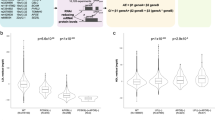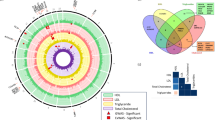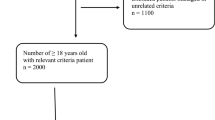Abstract
We describe an approach to characterize genes or phenotypes via ontology fingerprints which are composed of Gene Ontology (GO) terms overrepresented among those PubMed abstracts linked to the genes or phenotypes. We then quantify the biological relevance between genes and phenotypes by comparing their ontology fingerprints to calculate a similarity score. We validated this approach by correctly identifying genes belong to their biological pathways with high accuracy, and applied this approach to evaluate GWA study by ranking genes associated with the lipid concentrations in plasma as well as to prioritize genes within linkage disequilibrium (LD) block. We found that the genes with highest scores were: ABCA1, LPL, and CETP for HDL; LDLR, APOE and APOB for LDL; and LPL, APOA1 and APOB for triglyceride. In addition, we identified some top ranked genes linking to lipid metabolism from the literature even in cases where such knowledge was not reflected in current annotation of these genes. These results demonstrate that ontology fingerprints can be used effectively to prioritize genes from GWA studies for experimental validation.
Similar content being viewed by others
Article PDF
Author information
Authors and Affiliations
Corresponding author
Rights and permissions
About this article
Cite this article
Tsoi, L., Boehnke, M., Klein, R. et al. Using Ontology Fingerprints to evaluate genome-wide association study results. Nat Prec (2009). https://doi.org/10.1038/npre.2009.3615.1
Received:
Accepted:
Published:
DOI: https://doi.org/10.1038/npre.2009.3615.1



